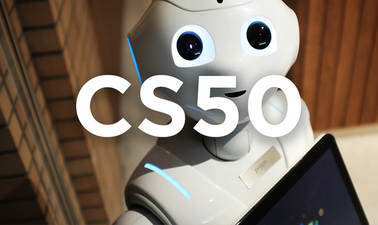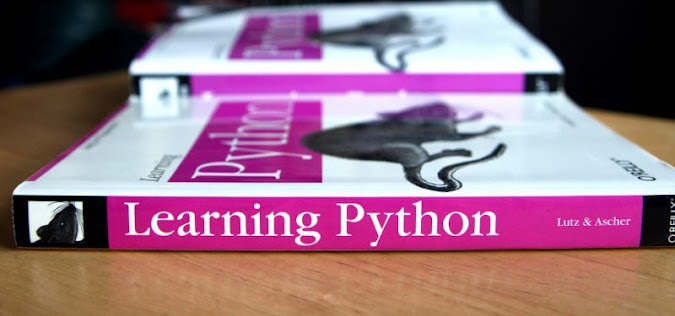
Harvard
University, an oldest institution of higher learning in the United States which
was founded in 1636, and one of the most prominent and institute of best
academy courses as well. The main university campus lies along the Charles
River in Cambridge, a few miles west of downtown, Boston. Harvard’s last year
enrollment was more than 25k.
Harvard's
set of experiences started when a school was set up at New Towne, which was
subsequently renamed Cambridge for the English institute of matriculation of a
portion of the main pioneers. Classes started in the late spring of 1638 with
one expert in a solitary edge house and a "school yard." Harvard was
named for a Puritan serve, John Harvard, who left the school his books and half
of his bequest.
At its
commencement Harvard was under chapel sponsorship, in spite of the fact that it
was not officially partnered with any strict body. During its initial two
centuries the school was bit by bit freed, first from administrative and later
from political control, until in 1865 the university graduated class started
choosing individuals from the overseeing board. During his long residency as
Harvard's leader (1869–1909), Charles W. Eliot established Harvard into an
institution according to public point of view.
Online Courses:
There are so many courses that Harvard University is providing in 2021, but here are the most important courses that you must learn. If you want to get certificate on any of these courses, you can get only it when you complete the course.
1. CS50's Introduction
to Game Development:

In a mission to see how computer games themselves are carried out, you'll investigate the plan of such youth games as: Super Mario Brothers., Pong, Flappy Bird, Breakout, Match 3, Dreadhalls, Legend of Zelda, Furious Birds, 3D Helicopter Game, , and Pokémon.
Through talks and involved tasks, the course investigates standards of 2D and 3D illustrations, movement, sound, and impact location utilizing structures like Solidarity and LÖVE 2D, just as dialects like Lua and C50's. By class' end, you'll have programmed your very own few games and acquired an exhaustive comprehension of the essentials of game plan and advancement.
What You Will Learn:
- Principles of 2D and 3D graphics, animation, sound, and collision detection
- Unity and LÖVE 2D
- Lua, C#
- Basics of game design and development
2. CS50's Web Programming with Python and JavaScript:

Subjects incorporate information base plan, adaptability, security, and client experience. Through involved ventures, you'll figure out how to compose and utilize APIs, make intuitive UIs, and influence cloud administrations like GitHub and Heroku. By course's end, you'll arise with information and involvement with standards, dialects, and devices that enable you to plan and convey applications on the Web.
What You Will Learn:
- HTML, CSS
- SQL
- Flask
- APIs
- JavaScript

What You Will Learn:
- The connection between family commitment and improved school/understudy results from birth through secondary school
- What the examination shows about the significance of connecting with families
TinyML is at the convergence of implanted AI (ML) applications, calculations, equipment, and programming. TinyML contrasts from standard AI (e.g., worker and cloud) in that it requires programming aptitude, yet additionally inserted equipment mastery.
The main course in the TinyML Testament arrangement, Essentials of TinyML will zero in on the rudiments of AI, profound learning, and implanted gadgets and frameworks, for example, cell phones and other small gadgets. All through the course, you will learn information science procedures for gathering information and build up a comprehension of learning calculations to prepare fundamental AI models. Toward the finish of this course, you will actually want to comprehend the "language" behind TinyML and be prepared to jump into the use of TinyML in future courses.
What you'll learn:
- Fundamentals of Machine Learning (ML)
- Understanding embedded ML
- Fundamentals of Deep Learning
- How to gather data for ML
- How to train and deploy ML models

- Step by step instructions to peruse, examine, and comprehend various types of engineering portrayal.
- Social and authentic settings behind significant works of architecture
- Fundamental standards to create your own engineering drawings and models
- Appropriate substance for scholastic examination or an expert vocation as a draftsman




0 Comments